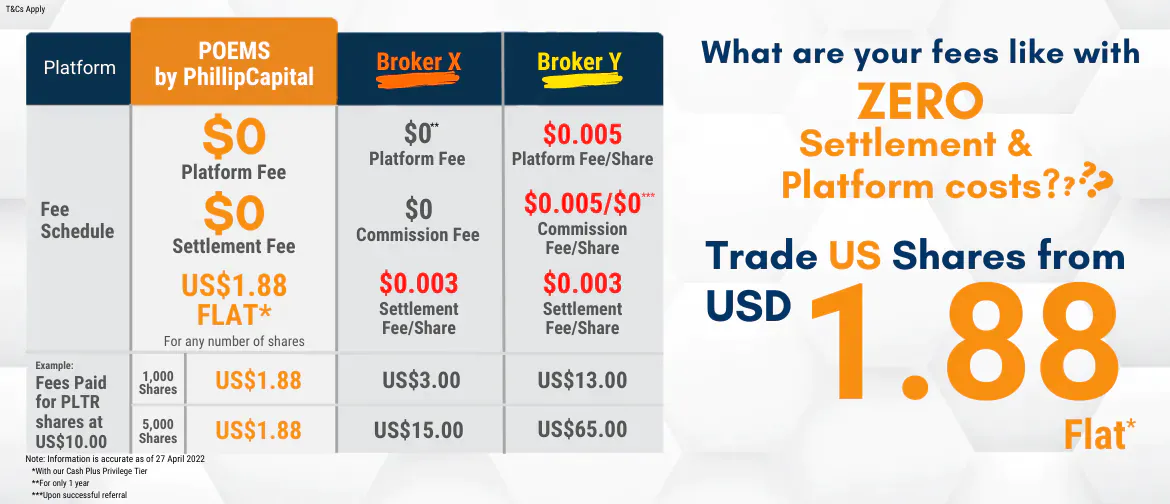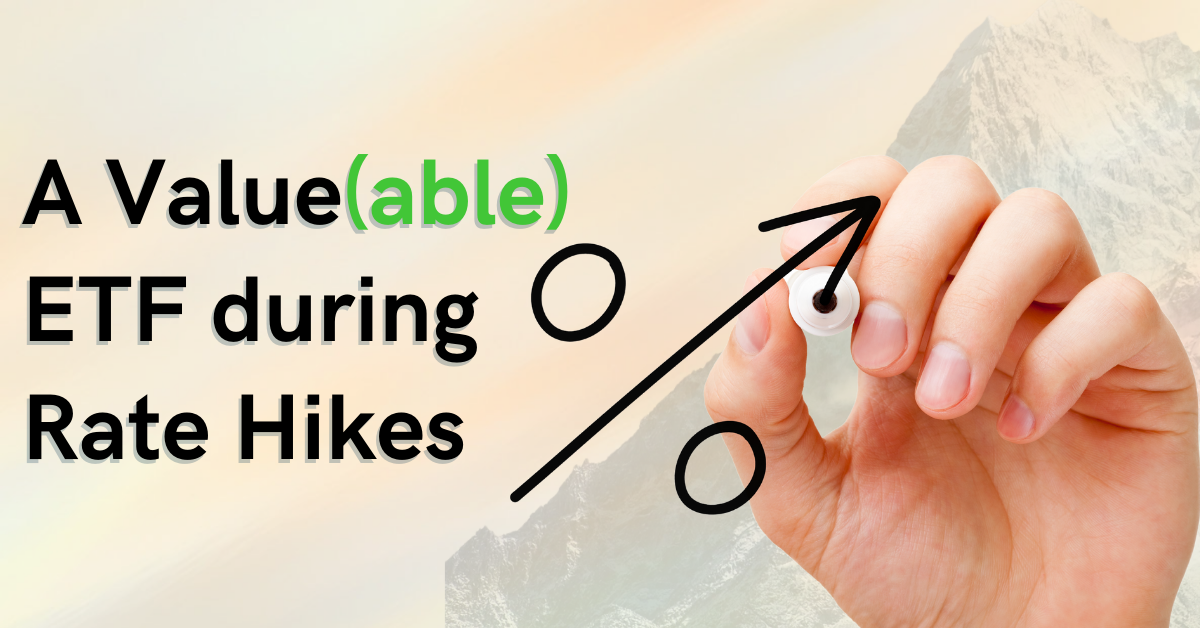The Intricate Dance of Forex Trading: Unveiling the Psychological Game

Tan Peng Chien, Dealer
Peng Chien graduated from the University of London with a Bachelor’s Degree in Banking and Finance. As a dealer, it is essential that he keeps up with all aspects of the markets and therefore spends most of his time exploring new strategies and analyzing the financial markets.
On his free days, Peng Chien likes to spend some quiet time fishing.
Understanding the forex market
The foreign exchange market, also known as the forex market, is a global financial marketplace where currencies are bought and sold. It stands as the largest and most liquid financial market in the world, boasting a daily trading volume that exceeds US$6 trillion. A critical yet often underappreciated aspect of the forex market is the impact of trading psychology. In this article, we will explore the intricacies of the forex market, and highlight the pivotal role trading psychology plays alongside traditional trading strategies.

Source: Forexlive
To comprehend the role of trading psychology, it is essential to first understand the dynamics of the forex market. Unlike traditional stock markets, the forex market operates across major financial centres across the globe, 24 hours a day, five days a week. The primary objective of forex trading is to exchange one currency for another, capitalising on exchange rate fluctuations to make profits.
Major participants in the forex market include central banks, financial institutions, corporations, and individual traders. The market is characterised by currency pairs, with the most traded being the Euro/US Dollar (EUR/USD) and the US Dollar/Japanese Yen (USD/JPY). Prices are influenced by various factors such as economic indicators, geopolitical events, and market sentiment.
The Psychological Landscape of Forex Trading
Forex trading is not merely a game of numbers; it is in reality, a psychological battle. Forex traders are constantly exposed to a barrage of emotions, ranging from greed and fear to excitement and despair. The ability to manage and control these emotions is paramount for success in the highly volatile and unpredictable forex market.
1. Greed and Fear
Greed and fear are two powerful emotions that can cloud a trader’s judgment. Greed may drive traders to take excessive risks in the pursuit of larger profits, while fear can lead to premature exits or hesitancy in entering potentially lucrative trades. Striking a balance between these extremes is crucial for taking a rational and disciplined approach to trading.

Source: iStock
2.Overcoming Loss Aversion
Loss aversion is a cognitive bias where individuals feel the pain of losses more intensely than the joy of gains. It is a common psychological hurdle in forex trading. Traders must learn to accept losses as a part of the game and avoid making impulsive decisions fuelled by the desire to recover losses quickly. A well-thought-out risk management strategy can help mitigate the impact of losses on a trader’s psyche.
3. Patience and Discipline
The forex markets often exhibit periods of high volatility followed by extended periods of consolidation. Patience is a virtue in trading, as impulsive actions during quiet market conditions can lead to unnecessary losses. Discipline is equally vital, ensuring that traders adhere to their strategies and do not deviate from their predefined risk tolerance levels.

Source: Pexels
4. Confirmation Bias
Traders may fall victim to confirmation bias, where they selectively interpret information that confirms their existing beliefs or biases. This can lead to overlooking crucial data and decisions based on flawed analysis. The key is to be open-minded and objective, and to consider all market data in a balanced way for informed decisions.
Impact of Trading Psychology on Decision-Making
Successful forex trading hinges not just on analytical skills or knowledge; it heavily depends on the trader’s ability to make sound decisions under varying circumstances. Trading psychology can profoundly influence decision-making processes in the following ways:
1. Risk Management
Effective risk management is the cornerstone of successful forex trading. Traders must determine the optimal position size, set stop-loss orders, and establish risk-reward ratios based on their risk tolerance. The fear of losing money can prompt traders to deviate from their risk management plans, leading to significant losses.

Source: iStock
2. Trade Execution
The process of entering and exiting trades requires a level-headed approach. Impulsive actions, driven by emotions such as excitement or anxiety, can result in poor trade execution. Traders who succumb to emotional impulses may enter trades prematurely or exit profitable positions too early, missing out on potential gains.
3. Adaptability to Market Conditions: The forex market is notably dynamic, with conditions changing rapidly. An effective trader needs to adapt to evolving market scenarios by adjusting their strategies accordingly. Failure to do so may result in missed opportunities or holding onto losing positions for too long, amplifying losses.
4. Learning from Mistakes
Mistakes and setbacks are inevitable in trading.. It is the ability to learn from these experiences that distinguishes successful traders from those who struggle. Recognising losses as valuable learning opportunities and avoiding the repetition of past errors is crucial for continuous growth and improvement.

Source: Pexels
The Crucial Role of Trading Psychology in Forex
While trading strategies and technical analysis are undoubtedly essential components of a trader’s toolkit, the real game-changer often lies in the mindset and emotional resilience of a trader. This aspect can make the difference between success and failure in the competitive and dynamic world of forex trading.
1. Developing a Trading Plan
A comprehensive trading plan outlines a trader’s goals, strategies, risk tolerance, and contingency plans. Having a well-defined plan helps traders stay focused and disciplined, reducing the influence of emotions on decision-making. The plan should include not only technical parameters but also guidelines for managing psychological aspects.
2. Embracing a Growth Mindset
Adopting a growth mindset involves viewing challenges and setbacks as opportunities for learning and improvement. Traders with a growth mindset are more likely to adapt to changing market conditions, continuously refine their strategies, and persevere in the face of adversity. This mindset extends beyond the technical aspects of trading to encompass psychological resilience.

Source: Pexels
3. Regular Self-Assessment
Periodic self-assessment allows traders to evaluate their performance objectively. Reflecting on past trades, identifying areas for improvement, and recognising emotional response patterns can contribute to a trader’s personal and professional development. This self-awareness is a key component of effective trading psychology.
In conclusion, achieving success in forex trading goes beyond analysing charts and understanding economic indicators. Trading psychology plays a pivotal role in shaping the decisions and outcomes of traders. Recognising and managing emotions such as greed, fear, and impatience is essential for taking a rational and disciplined approach to trading.
Traders who prioritise developing strong psychological resilience, coupled with a well-structured trading plan and continuous self-assessment, are better positioned to navigate the challenges of the Forex market. By emphasising the importance of trading psychology alongside technical strategies, traders can unlock their full potential and increase their likelihood of achieving sustainable success in this dynamic and ever-evolving financial landscape.
Promotions

Get a S$30 Cash credits Welcome Bonus when you open a POEMS CFD MT5 account and fund S$2000 into the account!
*T&Cs Apply.
For more information, click here.
How to get started with POEMS
As the pioneer of Singapore’s online trading, POEMS’s award-winning suite of trading platforms offers investors and traders more than 40,000 financial products across global exchanges.
Explore an array of US shares with brokerage fees as low as US$1.88 flat* when you open a Cash Plus Account with us today. Find out more here (terms and conditions apply).
We hope that you have found value reading this article. If you do not have a POEMS account and are interested in trading, you may visit here to open an account with us today.
Lastly, investing in a community can be a highly rewarding experience. Here, you will have the opportunity to interact with us and other seasoned investors who are enthusiastic in sharing their experience and expertise whether it’s through listening or answering questions.
In this community, you will also gain exposure to quality educational materials and stock analysis, to help you appreciate the mindset of seasoned investors and apply concepts you have learned.
We look forward to sharing more insights with you in our growing and enthusiastic Telegram community. Join us now!
For enquiries, please email us at cfd@phillip.com.sg.
Reference
[2] https://www.shutterstock.com/image-photo/fear-greed-anxiety-financial-market-concept-1141340993
[3] https://www.pexels.com/photo/pile-of-rock-near-lake-355863/
[4] https://ipkeys.com/wp-content/uploads/2022/08/RMF-7-Steps-1024×576.jpeg
[6] https://www.pexels.com/photo/clear-light-bulb-planter-on-gray-rock-1108572/
More Articles
The Power of Leverage in CFD
What is leverage? Read our article to find out more about the different uses of leverage through the use of Contract for Differences (CFDs) for both traders and long-term investors.
Why You Should Consider Dividend Investing
Have you tried dividend investing? Learn more about why you should consider dividend investing!
A Value(able) ETF During Rate Hikes
Interested in buying valuable ETFs? Read on our article to find out more!
Disclaimer
This material is provided to you for general information only and does not constitute a recommendation, an offer or solicitation to buy or sell the investment product mentioned. It does not have any regard to your specific investment objectives, financial situation or any of your particular needs. Accordingly, no warranty whatsoever is given and not liability whatsoever is accepted for any loss arising whether directly or indirectly as a result of your acting based on this information.
Investments are subject to investment risks. The risk of loss in leveraged trading can be substantial. You may sustain losses in excess of your initial funds and may be called upon to deposit additional margin funds at short notice. If the required funds are not provided within the prescribed time, your positions may be liquidated. The resulting deficits in your account are subject to penalty charges. The value of investments denominated in foreign currencies may diminish or increase due to changes in the rates of exchange. You should also be aware of the commissions and finance costs involved in trading leveraged products. This product may not be suitable for clients whose investment objective is preservation of capital and/or whose risk tolerance is low. Clients are advised to understand the nature and risks involved in margin trading.
You may wish to obtain advice from a qualified financial adviser, pursuant to a separate engagement, before making a commitment to purchase any of the investment products mentioned herein. In the event that you choose not to obtain advice from a qualified financial adviser, you should assess and consider whether the investment product is suitable for you before proceeding to invest and we do not offer any advice in this regard unless mandated to do so by way of a separate engagement. You are advised to read the trading account Terms & Conditions and Risk Disclosure Statement (available online at www.poems.com.sg) before trading in this product.
Any CFD offered is not approved or endorsed by the issuer or originator of the underlying securities and the issuer or originator is not privy to the CFD contract. This advertisement has not been reviewed by the Monetary Authority of Singapore (MAS).









